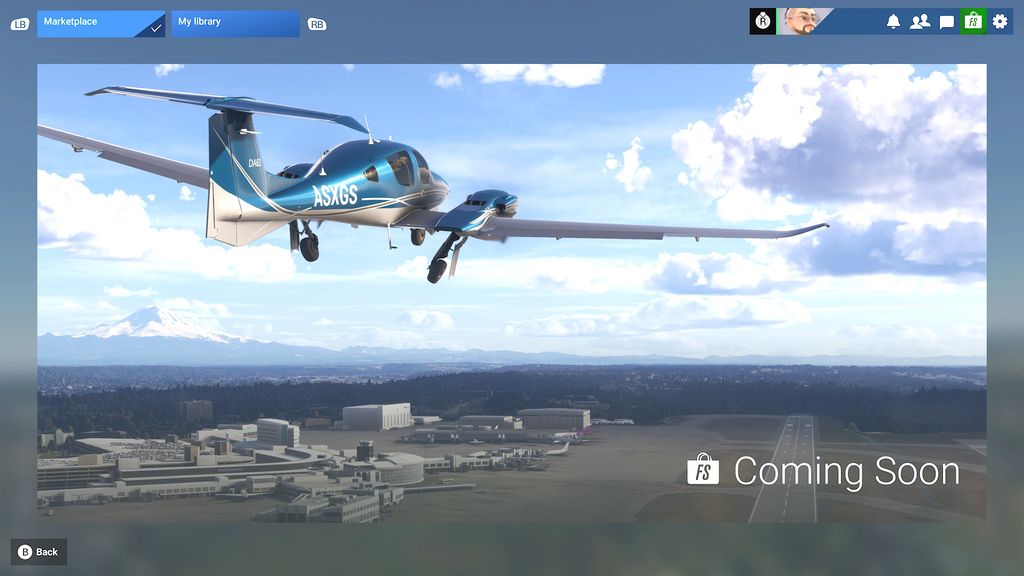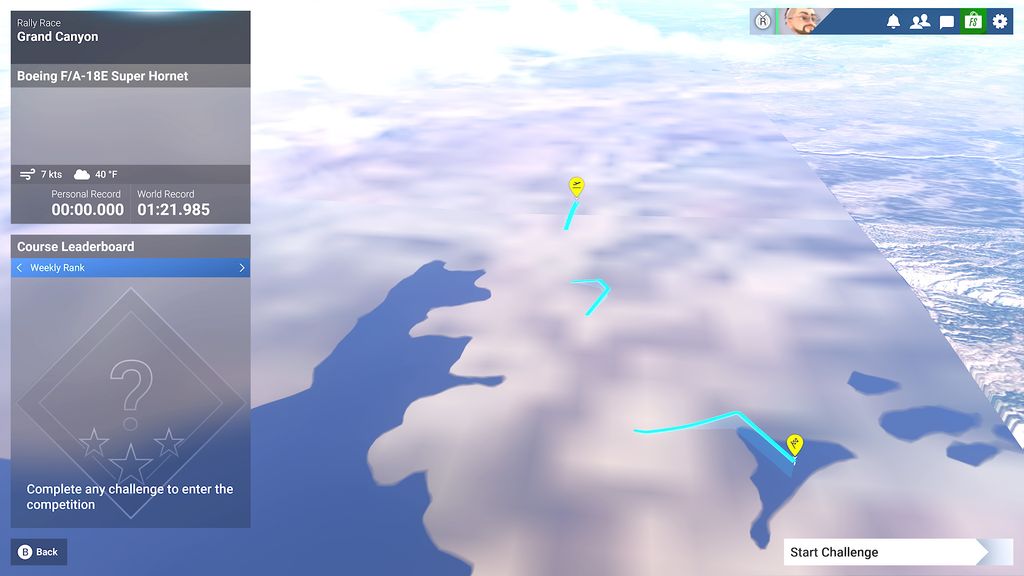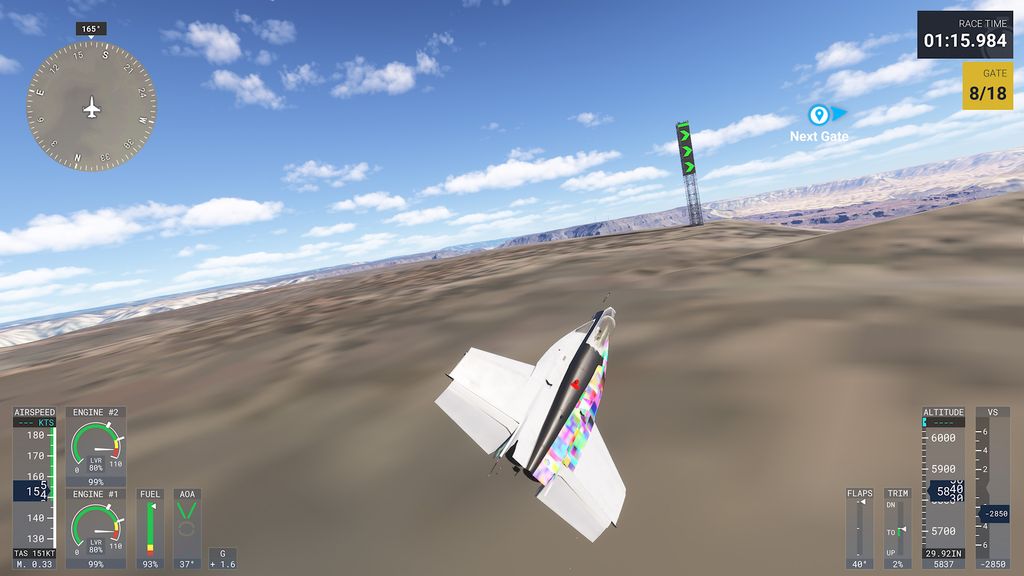Early Verdict
Microsoft Flight Simulator 2024 can't be awarded a score in its current state because there's nothing to evaluate. Constant crashes and cloud-streaming bugs followed an awful launch-day experience and persisted a full 24 hours since the game's release. Until the developers can patch the game and get it running as intended, there's little reason to fork out the asking price on your own copy on Xbox or PC, and it'll remain a Game Pass oddity mostly limited to Xbox Cloud Gaming.
Pros
- + Xbox Cloud Gaming offers the most stable experience
- + Challenges and scenarios should keep it interesting for casual players alongside a new career mode
Cons
- - Unplayable at launch with endless loading screens and crashes
- - Huge bandwidth usage as assets constantly stream from the cloud
- - Still a niche appeal that can wear thin after a few flights
It's always been a visual marvel, and our hands-on preview of Microsoft Flight Simulator 2024 promised even more improvements to its fully realized virtual rendition of planet Earth.
Streaming its assets from the cloud should help bring the total installation down from its bloated 150GB of the previous game, but it brings doubt to the sustainability of constant bandwidth usage for such a high-fidelity game.
Unfortunately, Asobo Studio launched the game to a wealth of problems on November 19 as many players couldn't pass an initial loading screen or were met with gripes and crashes later. Twenty-four hours since its release, has the situation improved at all, or are players still waiting for critical patches? Here's what I've experienced since launch.
Disclaimer
Due to the technical issues affecting Microsoft Flight Simulator 2024 at launch, I have refrained from awarding the game a score. I will revise this review when it receives updates to remedy these problems.
What is Microsoft Flight Simulator 2024?

Microsoft Flight Simulator 2024's marketplace of additional aircraft isn't available at launch.
(Image credit: Ben Wilson | Windows Central)
Microsoft has kept its Flight Simulator series running since its initial release in 1982 for IBM-compatible desktop PCs.
Microsoft Flight Simulator 2024 is the latest entry, though it acts as more of an expansion on what developers Asobo Studio achieved in the Microsoft Flight Simulator 2020 reboot.
Encompassing the entire globe, players are encouraged to plan a flight across any country and continent with total freedom or opt for a set of challenges within a career mode that starts with basic instructions in a virtual flight school.
Compatible with a traditional mouse and keyboard setup on PC or a standard Xbox controller on consoles, gamers could opt to use a dedicated flight stick for an ultra-realistic experience on either platform.
At its launch on November 19, 2024, Microsoft Flight Simulator 2024 is also available to users with an active Xbox Game Pass subscription, commonly listed for a far lower monthly price than its $69.99 MSRP and the best way to try a game if you're unsure of its appeal.
Disclaimer
This review was conducted with the Xbox Series X version of Microsoft Flight Simulator 2024, initially tested with the author's Game Pass account and later with a code supplied by Xbox Game Studios. The company did not see the contents of this review before publication.
Does it run on PC gaming handhelds?

ASUS' ROG Ally (top) and ROG Ally X (bottom) run Windows 11 and generally offer the best compatibility with PC Game Pass.
(Image credit: Rebecca Spear / Windows Central)
Steam Deck compatibility currently remains 'unknown' for Microsoft Flight Simulator 2024, but the previous version of the game, released in 2020, reportedly runs with the lowest graphical presets (via ProtonDB.) While Asobo Studio prioritizes cloud streaming for the new release, its PC requirements are relatively modest and even lower than those of its predecessor in some areas.
While I haven't had any success running the game on my own 256GB Steam Deck (LCD), it's reasonable to expect the game to run with similarly reduced visuals when its issues are fixed.
Windows-based handhelds like ASUS' ROG Ally X and Lenovo's Legion Go benefit from running native code rather than the Proton compatibility layer required by Valve's Linux-based Steam Deck. Even the original ASUS ROG Ally with an AMD Z1 processor offers more raw performance than the Steam Deck's custom APU and should handle Microsoft Flight Simulator 2024 with improved performance.
Again, my real-world testing will follow as soon as the game is playable, at least with a Z1 Extreme-based ROG Ally, but I expect ASUS' and Lenovo's offerings to perform better here.
Microsoft Flight Simulator 2024: Launch day issues

Crawling past 95%, many gamers saw the loading screen stop entirely at 97%.
(Image credit: Ben Wilson | Windows Central)



3175x175(CURRENT).thumb.jpg.b05acc060982b36f5891ba728e6d953c.jpg)








Recommended Comments
There are no comments to display.
Join the conversation
You can post now and register later. If you have an account, sign in now to post with your account.
Note: Your post will require moderator approval before it will be visible.